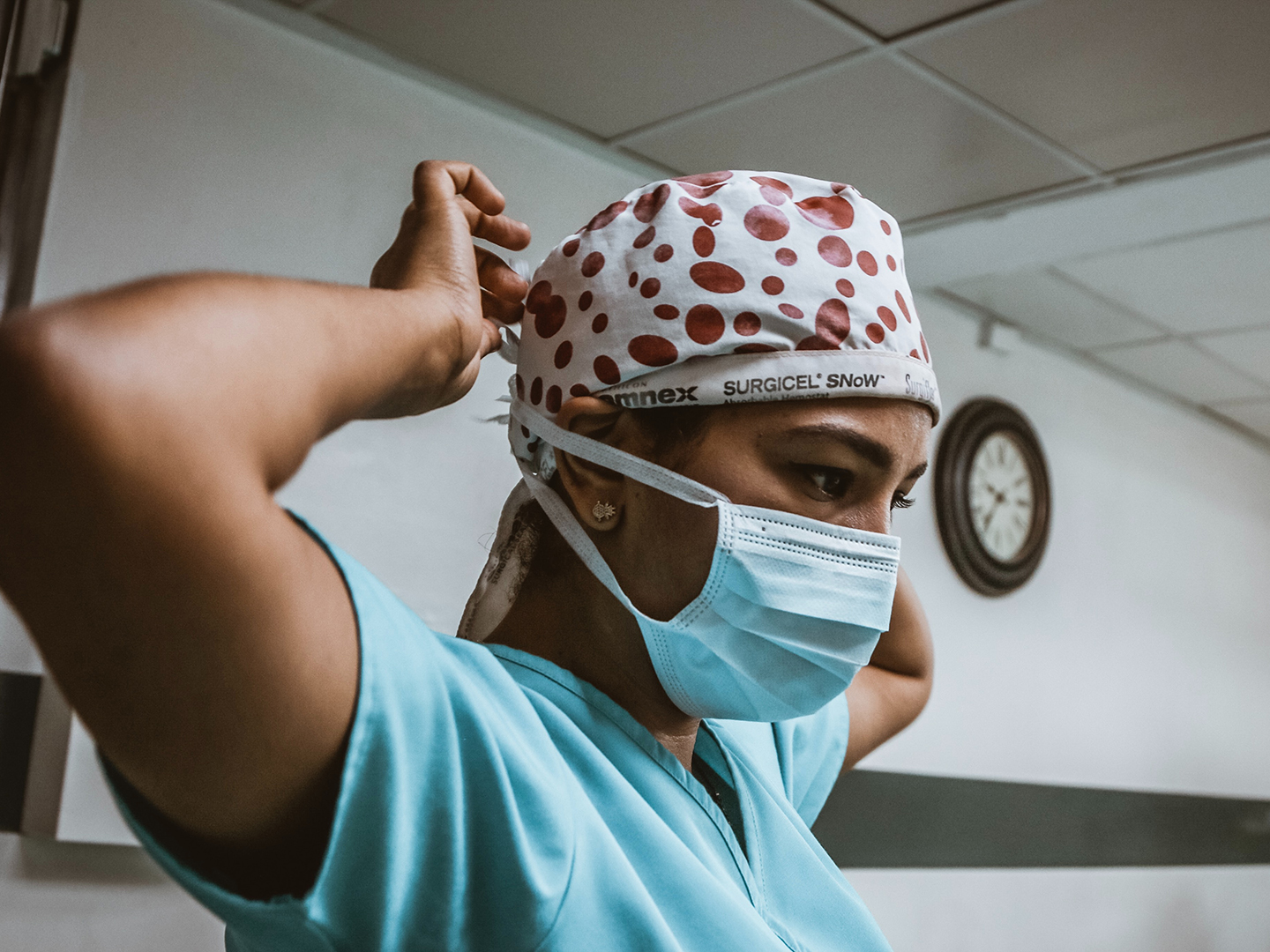In this seminar, Wu Zeng, associate professor in the Department of Global Health at Georgetown University’s School of Health, discussed his research quantifying the economic costs of COVID-19 infections in health care workers during the first year of the pandemic from the societal perspective in Colombia, Eswatini, Kenya, and South Africa. Zeng shared that health care workers experienced disproportionally high rates of COVID-19 infection compared to the general population, which led to the disruption of essential services and resulted in enormous societal costs and economic losses. He argued that protecting the health workforce was key to building health system resilience during public health emergencies. This research is also available as a co-authored article in Nature Communications.
This event was co-sponsored by the Center for Global Health Science and Security, the School of Health’s Department of Health Management and Policy, and the Global Health Institute.
Featured
Wu Zeng, a health economist and physician, is an associate professor in the Department of Global Health at Georgetown University’s School of Health. He has more than 15 years of experience in conducting research on disease burden, health care systems, health financing, and cost-effectiveness analysis of pharmaceutical and non-pharmaceutical interventions in low- and middle-income countries. Zeng’s research interests include the comparative evaluation of policies, programs, and interventions in improving the utilization of health services and health outcomes, as well as examining fund flow to identify efficiency gaps to promote health system efficiency.

